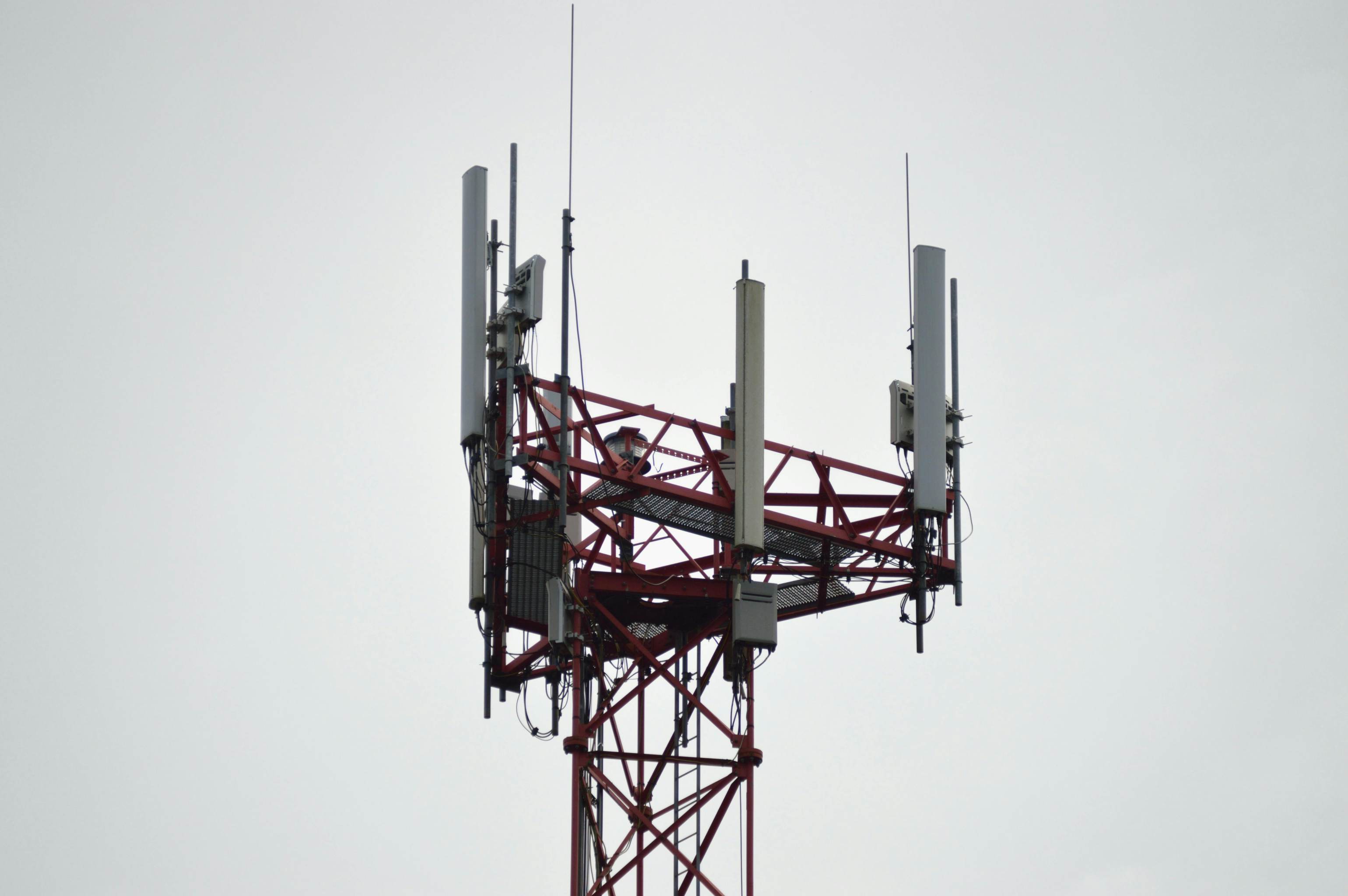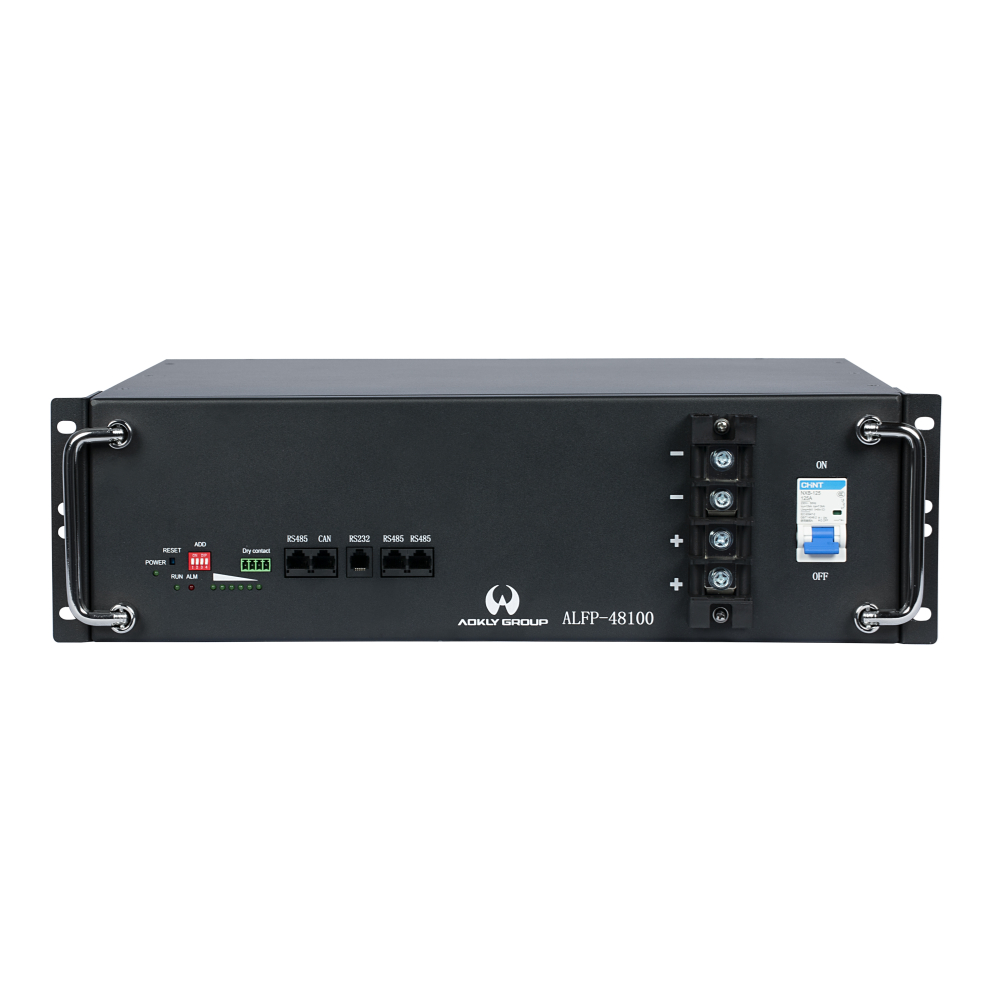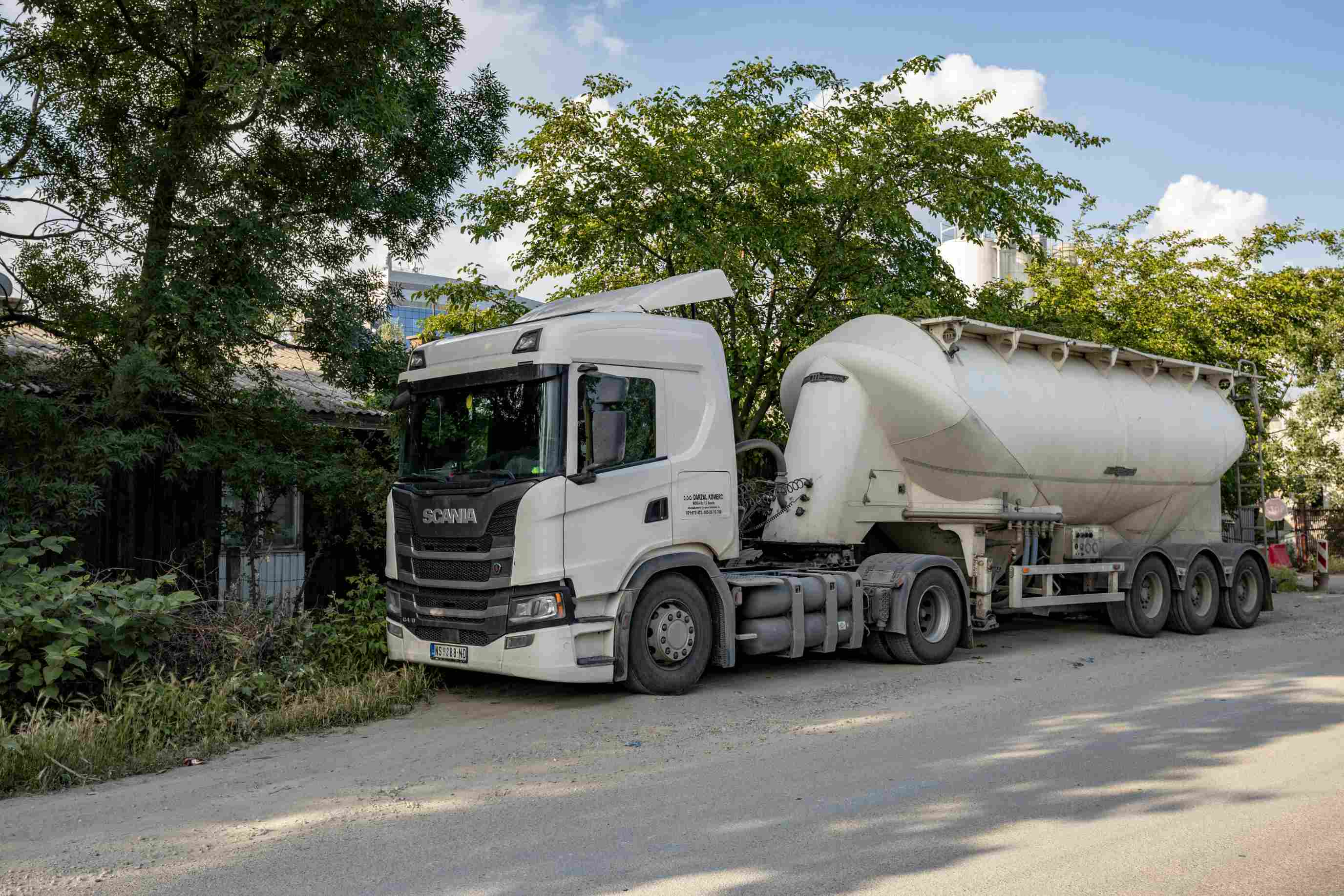In today's rapidly evolving digital landscape, uninterrupted communication is not just a convenience—it's a necessity. As our reliance on digital networks grows, so does the need for robust and reliable power solutions to keep these systems running smoothly. This is where communication energy storage system solutions come into play, offering a critical lifeline for various communication infrastructures.
The Vital Role of Energy Storage in Communication
Communication networks are the backbone of our modern society, enabling everything from personal calls to global business operations. However, these networks are only as strong as their power supply. Power outages or fluctuations can lead to service disruptions, causing significant economic losses and potentially compromising public safety.
Communication energy storage system solutions address this challenge by providing:
Uninterrupted Power Supply: Ensuring continuous operation during grid failures. These systems can detect power interruptions within milliseconds and seamlessly switch to backup power, maintaining critical communications without any noticeable downtime.
Power Quality Improvement: Stabilizing voltage and frequency fluctuations. Advanced energy storage systems act as a buffer against power quality issues, smoothing out irregularities that could otherwise damage sensitive communication equipment or cause data loss.
Peak Load Management: Reducing strain on the grid during high-demand periods. By storing energy during low-demand times and releasing it during peak hours, these systems help balance the load on the power grid, potentially reducing energy costs for operators.
Cost Efficiency: Lowering operational expenses by optimizing energy consumption. Smart energy management systems can predict usage patterns and adjust storage and discharge cycles accordingly, maximizing the use of cheaper off-peak electricity.

Applications Across Various Communication Sectors
The versatility of communication energy storage system solutions makes them indispensable across a wide range of applications:
Telecommunication Networks: Powering cell towers, switching centers, and data centers to ensure uninterrupted voice and data services.
Mobile Base Stations: Providing reliable backup power for remote or off-grid base stations, crucial for expanding network coverage in rural areas.
Railway Communication Systems: Supporting signaling, control, and passenger information systems in both stations and along tracks.
Maritime Communication: Ensuring stable power for ship-to-shore communications and onboard systems, even in challenging sea conditions.
Emergency Services Communication: Maintaining critical communication lines for first responders during natural disasters or other emergencies.
Power System Control Centers: Safeguarding the communication infrastructure that monitors and controls the power grid itself.
Data Centers and Server Farms: Protecting against data loss and service interruptions in facilities that form the backbone of internet services.
Each of these sectors has unique power requirements, but all benefit from the reliability and efficiency offered by advanced energy storage solutions.
Key Components of a Communication Energy Storage System
A typical communication energy storage system solution comprises several critical components:
Battery Systems: The heart of the storage solution, often utilizing advanced lithium-ion technology for optimal performance and longevity. These batteries are designed for deep cycling and rapid charge/discharge capabilities, with some systems offering up to 10 years of operational life.
Power Conversion Systems: Converting between AC and DC power as needed. These systems include inverters and rectifiers that ensure seamless integration with both the power grid and the communication equipment.
Energy Management System: Intelligent software that optimizes energy flow and usage. This system uses advanced algorithms to predict energy needs, manage charging cycles, and balance loads across multiple battery units.
Monitoring and Control Units: Ensuring system health and performance. These units provide real-time data on battery status, power flow, and system efficiency, often with remote monitoring capabilities for proactive maintenance.
Thermal Management: Maintaining optimal operating temperatures for all components. This is crucial for extending battery life and ensuring consistent performance, especially in extreme climates.
Advantages of Modern Energy Storage Solutions
Today's communication energy storage system solutions offer several advantages over traditional backup power methods:
Rapid Response Time: Providing instantaneous power during outages, with transition times often under 20 milliseconds, ensuring no interruption in service.
Scalability: Easily expandable to meet growing power demands, with modular designs that allow for additional capacity without major infrastructure changes.
Reduced Carbon Footprint: Supporting green initiatives by enabling greater integration of renewable energy sources, such as solar or wind power, into communication infrastructure.
Remote Monitoring: Allowing for proactive maintenance and reduced downtime through 24/7 system oversight and predictive analytics.
Space Efficiency: Compact designs suitable for urban and remote installations alike, often requiring up to 50% less space compared to traditional lead-acid battery systems.
Choosing the Right Energy Storage Solution
Selecting the appropriate communication energy storage system solution requires careful consideration of several factors:
Power Requirements: Assessing both peak and average power needs, including future growth projections to ensure the system remains adequate for years to come.
Backup Duration: Determining the required operational time during outages, which can range from a few hours for urban sites to several days for remote locations.
Environmental Conditions: Considering temperature, humidity, and other site-specific factors that can affect battery performance and lifespan.
Regulatory Compliance: Ensuring adherence to local and industry standards, including safety regulations and environmental guidelines.
Total Cost of Ownership: Evaluating initial investment against long-term operational savings, factoring in maintenance costs, expected lifespan, and energy efficiency gains.

Aokly Lithium-lon Battery
Aokly: Pioneering Communication Energy Storage Solutions
At the forefront of communication energy storage system solutions is Aokly, a professional power battery and energy storage battery manufacturer based in China. With a commitment to innovation and reliability, Aokly has established itself as a leader in the field of energy storage for communication infrastructure.
Aokly's comprehensive range of solutions caters to diverse applications within the communication sector, including:
- Telecommunication standby power systems
- Mobile network base station backup power
- Railway signaling and control power supplies
- Maritime communication energy storage
- Emergency services power backup
- UPS systems for data centers and critical infrastructure
What sets Aokly apart is its dedication to customization and quality. Each communication energy storage system solution is tailored to meet the specific needs of the client, ensuring optimal performance and efficiency. Aokly's products are known for their:
- High Energy Density: Maximizing storage capacity in limited spaces
- Long Cycle Life: Reducing replacement frequency and lowering long-term costs
- Intelligent Battery Management: Enhancing safety and extending battery lifespan
- Modular Design: Allowing for easy scalability and maintenance
- Robust Construction: Ensuring reliability in challenging environments
Aokly's commitment to research and development keeps them at the cutting edge of energy storage technology. Their solutions incorporate the latest advancements in battery chemistry, power electronics, and energy management software, providing clients with state-of-the-art systems that are built to last.
By choosing Aokly for their communication energy storage system solutions, businesses can ensure they have a reliable, efficient, and future-proof power backup system that keeps their critical communication infrastructure running smoothly, no matter the circumstances.
Conclusion: Powering the Future of Communication
In an increasingly digital world, the importance of reliable communication energy storage system solutions cannot be overstated. These systems are not just backup power sources; they are critical infrastructure enablers that ensure our communication networks remain operational, efficient, and resilient.
By investing in advanced energy storage solutions like those offered by Aokly, communication service providers can enhance their network reliability, reduce operational costs, and contribute to a more sustainable future. As we continue to push the boundaries of global connectivity, robust energy storage will remain at the heart of our communication infrastructure, powering the conversations and connections that drive our world forward.

 EN
EN 




